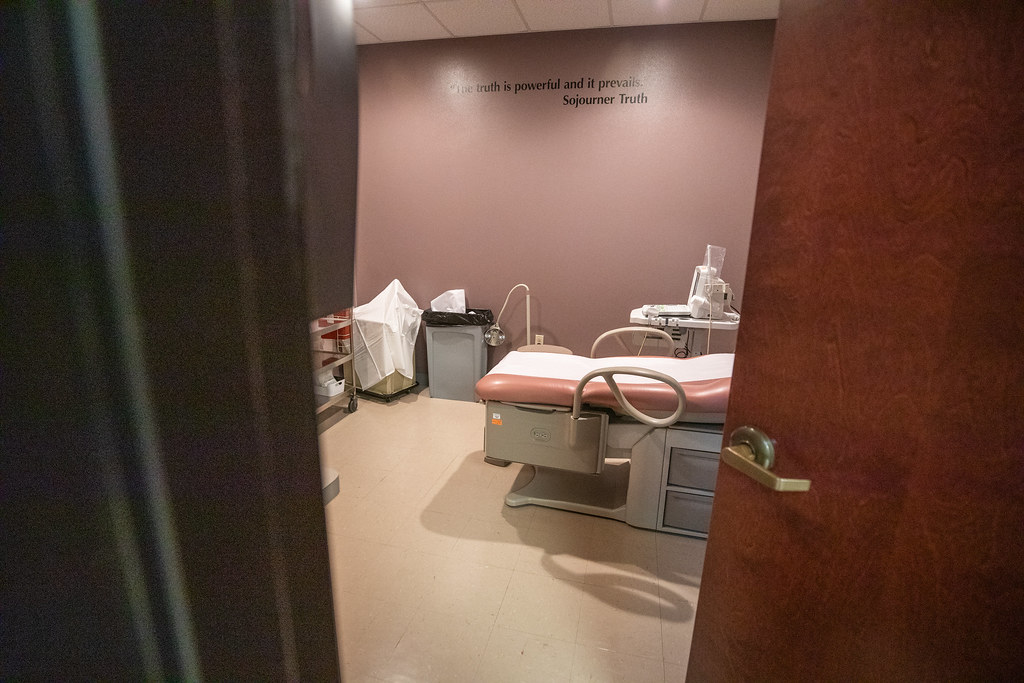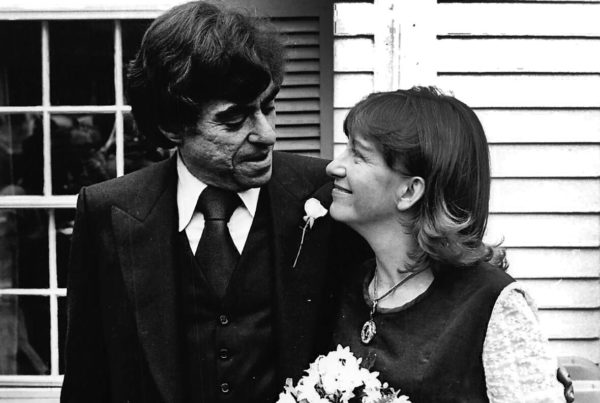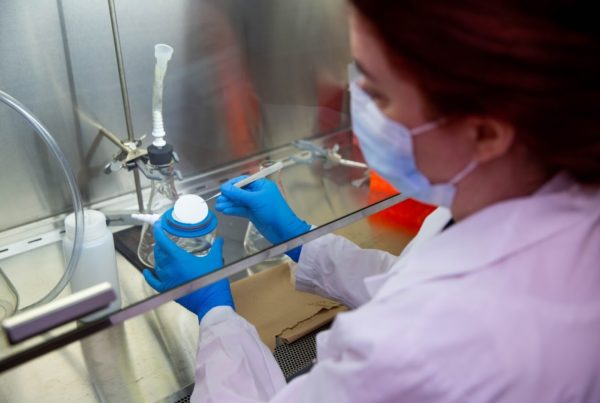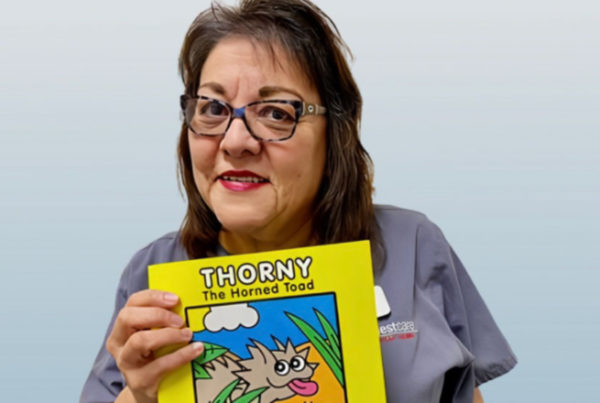Texas’ abortion law went into effect on Sept. 1 last year, effectively banning any abortion after about six weeks of pregnancy – one of the most restrictive measures of its kind in the country. A few days later, there was another landmark shift in abortion policy, this time in Mexico. A Supreme Court decision there effectively decriminalized the procedure.
Recently, Kaiser Health News reporter Colleen Deguzman visited the last abortion provider in Texas’ Rio Grande Valley, a border region where these disparate policies collide. She spoke with Texas Standard about Whole Woman’s Health of McAllen, and how some people return there after complications from medication obtained in Mexico. Listen to the interview with Deguzman in the audio player above or read the highlights below.
Highlights from this interview:
– Whole Women’s Health of McAllen is the last abortion clinic in this border region. Deguzman says over the years it has served not only people living in the Valley, but also people from all over Central America seeking abortions.
–Now, with the new abortion law, more people are seeking abortion care in Mexico, where the procedure is less regulated and unsafe, Deguzman says.
– People seeking abortions are also going to Mexico, where a prescription isn’t required, to get the abortion medication misoprostol. But some people who have taken abortion drugs obtained in Mexico have returned to Whole Woman’s Health with complications. Whole Woman’s Health has been urging people to stay within their health care system in the United States if they need abortion care that is not available in the Texas clinic, but it can be hard to convince patients to do that.
“How can [Whole Woman’s Health McAllen manager Veronica Hernandez] tell a person to choose an 800-mile drive to New Mexico when there’s an abortion clinic just 30 minutes away?” Deguzman said.














